By Philip Obaji Jnr
After a devastating mudslide hit Freetown, Sierra Leone, early last week, the nation held a painful ceremony to bury the dead. The government hired about 600 gravediggers, while a huge crowd that included President Ernest Bai Koroma and his Liberian counterpart, Ellen Johnson Sirleaf, looked on. Hundreds were interred in a new cemetery, a recent creation for people whose death arrived all of a sudden.
But few there are allowed to rest in peace.
This particular graveyard in Waterloo, about 15 miles east of the capital Freetown, is known in Sierra Leone as the “Ebola cemetery.” It was used to inter 4,000 victims of the 2014-15 Ebola outbreak. But after the disease was contained, the cemetery was made available to the public for burial—and hoodlums saw an opportunity.
During the Ebola epidemic Waterloo was managed by the nongovernmental organization out of Ireland, Concern Worldwide, but since the charity handed it over to the Western Area Rural District Council, thieves have been on a rampage. They reportedly have stolen a giant tank that stores water for the cemetery’s buildings, carted away zinc sheets in the toilet facility, and vandalized the pavilion that was built for visitors to sit. But that’s just on the surface.
“There’s no one guarding the cemetery,” Abdul Kamara, who lives close to it, told The Daily Beast. “The government has just left the place to rot.”
The latest Sierra Leone disaster began on Aug. 14, when a downpour triggered mudslides from the slopes of Mount Sugar Loaf, located about 8 kilometers from Freetown. Houses, cars, and trees were buried in mud that spread through a part of the city amid heavy flooding. About 20,000 people have been displaced. At least 5,000 are children. And the dead have only begun to be recovered. The country is heartbroken.
“Today we are counting more than 400 people dead,” Elhadji As Sy, secretary-general of the International Federation of Red Cross and Red Crescent Societies, told reporters in Geneva last Thursday. He added that Sierra Leone was facing a situation “way beyond [its] capacity,” and that the displaced are still homeless “because there are not enough shelters for everybody.”
At least 499 deaths have so far been confirmed, a third of which are children. Officials say an estimated 600 people are still missing. Some, if not all, may be dead. Even among the bodies that were recovered, some were too mangled to be recognized by anyone.
“Rescue efforts are still going on,” Abu Bakarr, governance support and youth officer for Sierra Leone Red Cross Society, told The Daily Beast. “We’re mobilizing youths to render voluntary services in recovering the dead bodies, transport them to the mortuary, and assist in burying these bodies.”
But things could get even worse in this particular disaster. The government has warned that more rain is expected to fall in the capital city over the next few days, which increases the threat of a new landslide. A crack has opened on the side of a mountain and national security officials have told residents to evacuate.
The new arrivals at Waterloo and other graveyards may well have their graves and their bodies defiled.
When Ebola broke out in Sierra Leone in 2014, those who lost their lives were laid to rest in specially designated cemeteries in Freetown because public health officials wanted infected corpses to be buried in a few designated places so as not to transmit the virus.
But the situation was chaotic. Burial workers weren’t properly paid. Cemeteries struggled to handle dead bodies as more kept arriving. Many graves were not marked, and families were complaining about the way their loved ones were buried. Others tried to hide deaths from authorities because they thought the bodies wouldn’t be laid to rest properly. More people became at risk of contracting Ebola as a result.
Concern Worldwide and the Red Cross then took over the burial system in Freetown and kept records of all those who were buried in cemeteries. As burial grounds in the city filled up, the cemetery in Waterloo was created to ease the pressure.
For operations to go smoothly at Waterloo, Concern Worldwide worked with local pastors and imams, paid grave diggers, and engaged caretakers and a family liaison officer whose responsibility was to assist family members identifying the tombs where their relatives were buried. But soon after the Irish organization handed over management to the district council in February 2016, grave robbers saw their opportunity.
“People get in and out of the cemetery the way they like,” says nearby resident Abdul Kamari, who sees what goes on all the time. “They take what they like and there’s no one stopping them.”
Waterloo is not an isolated case. Burials in impoverished Sierra Leone can, on occasion, be stylish, with the dead wearing good quality clothes and fine jewellery, laid to rest in expensive caskets. And no one doubts that that is what attracts grave robbers, even if they have to dig amid the cadavers left by the Ebola plague or a horrendous mudslide.
The criminals among the Ebola corpses appear to be able to work with relatively little fear they will contract the disease that had such a devastating impact on West Africa. According to the Centers for Disease Control and Prevention in the United Stats, the plague is only contagious for about a week after the victim dies.
Last year, Freetown City Council said hundreds of graves were targeted in nearly all of the capital city’s seven cemeteries.
Between January and February 2016, around 250 graves in three cemeteries were plundered. One of them was the Kingtom cemetery where 60 percent of the over 6,000 graves are those of victims of Ebola. Robbers used pickaxes and sledgehammers to open concrete tombs, stealing jewelry and clothes from the dead.
“The vandals sometimes remove corpses from expensive mahogany and polished coffins,” Abdul Rahman, who was caretaker of Kingtom cemetery during the period, said on national radio, last year. “I suspect the coffins are later sold off to some local undertakers.”
But the macabre grave robbing does not end with clothes and baubles. In the middle of last year the FCC said that at least 700 graves were vandalized in Freetown and “body parts taken from corpses” between April through May 2016.
FCC Environmental Officer Sulaiman Parker told national radio last year the authorities suspected the theft of body parts “is connected to fetish and ritual practices.”
Sierra Leone is mourning solemnly the death of hundreds of its citizens, but it must work harder to stop the desecration of their bodies and the obliteration of their memories in graveyards that have become playgrounds for criminals.
Source: Daily Beast











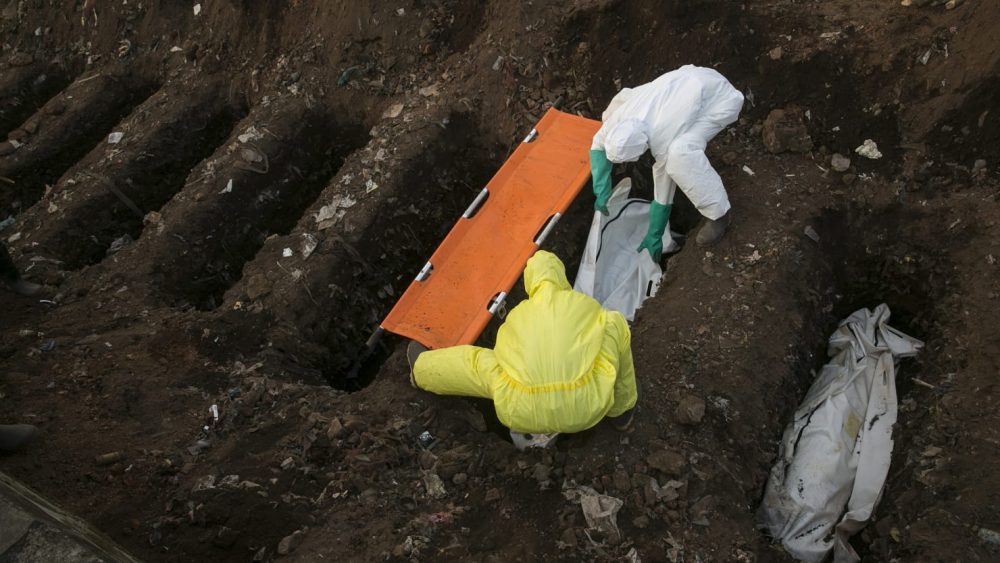

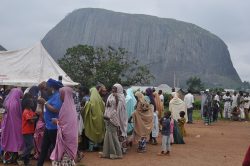
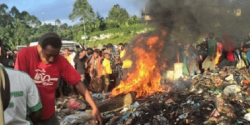





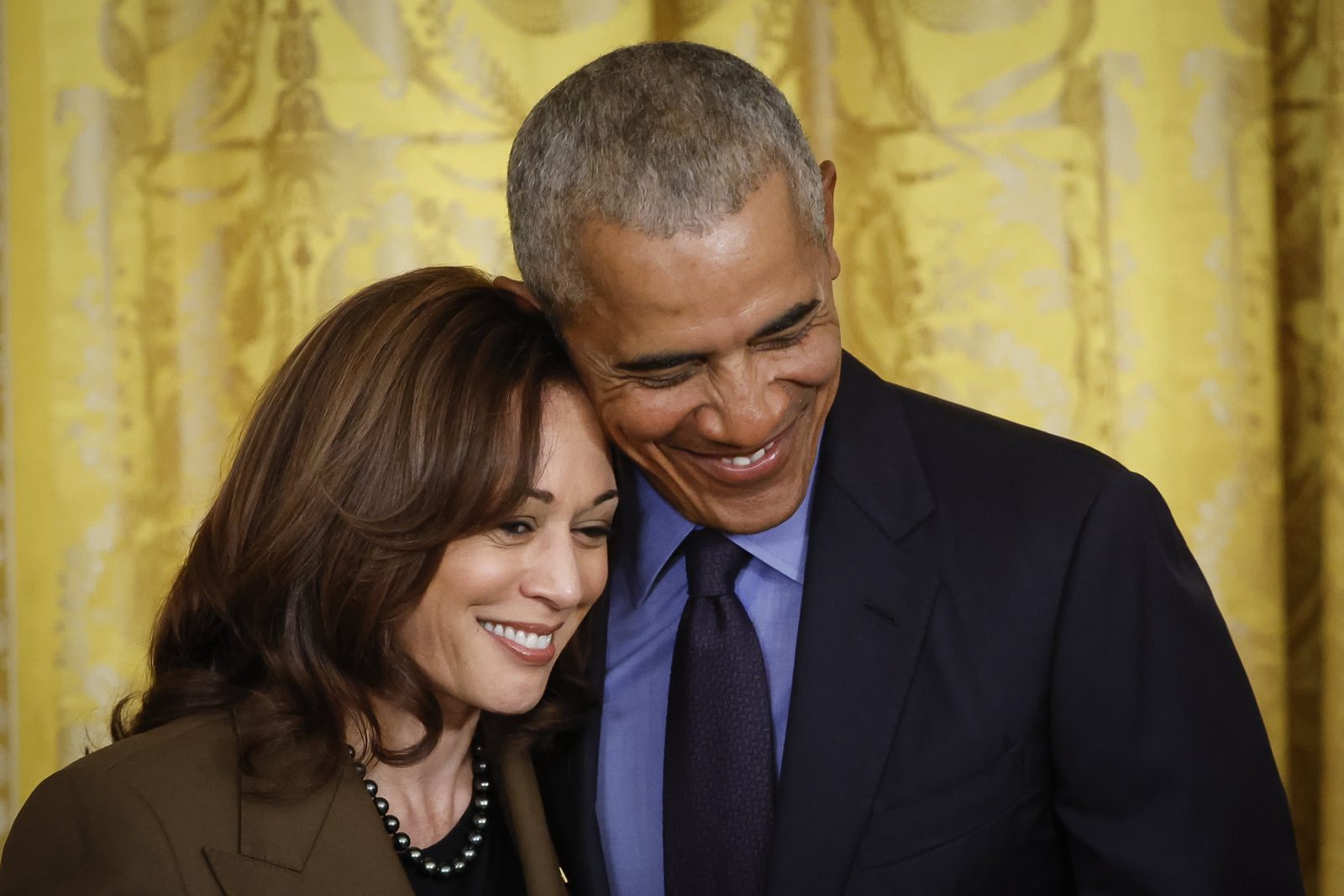


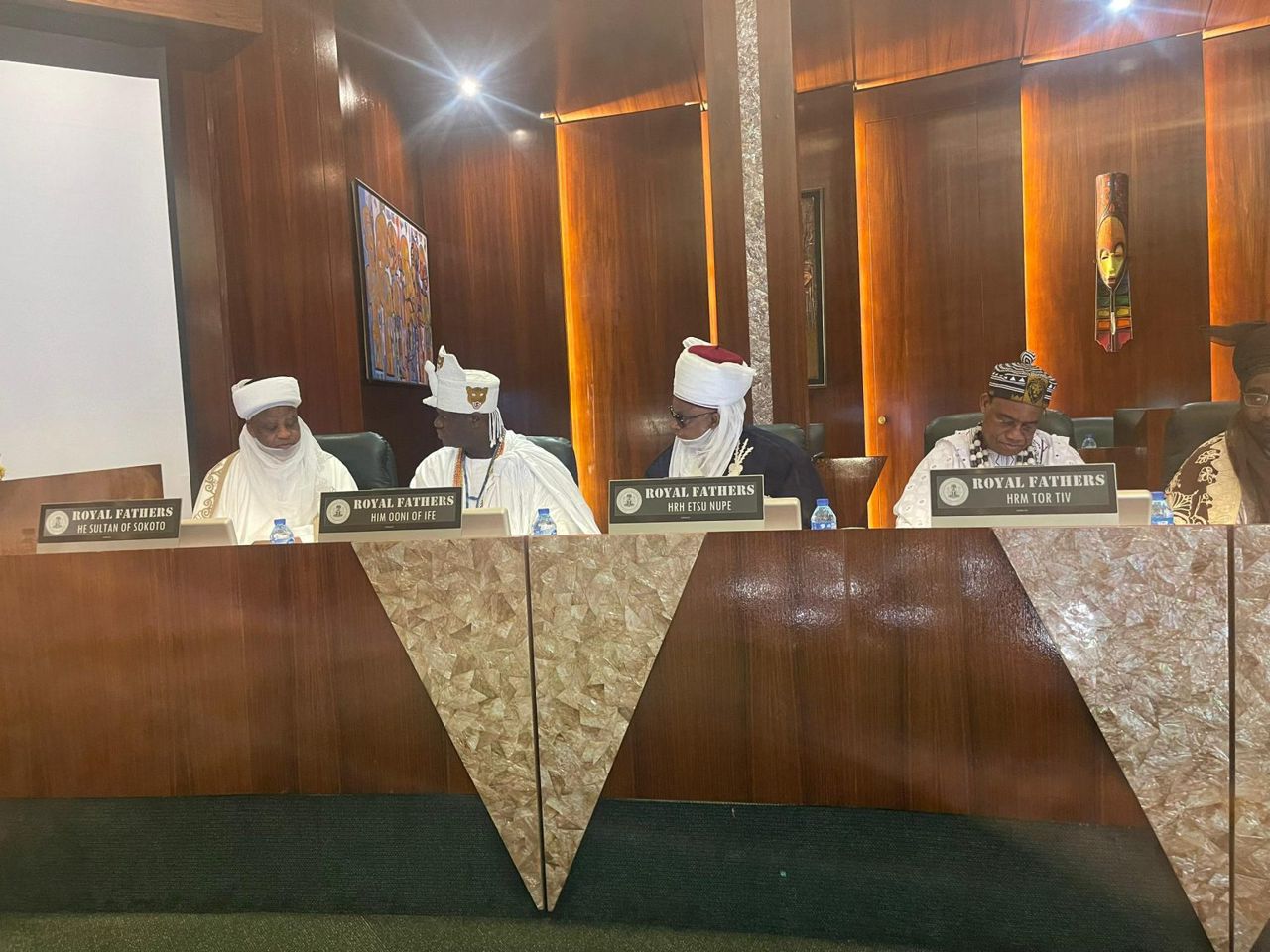






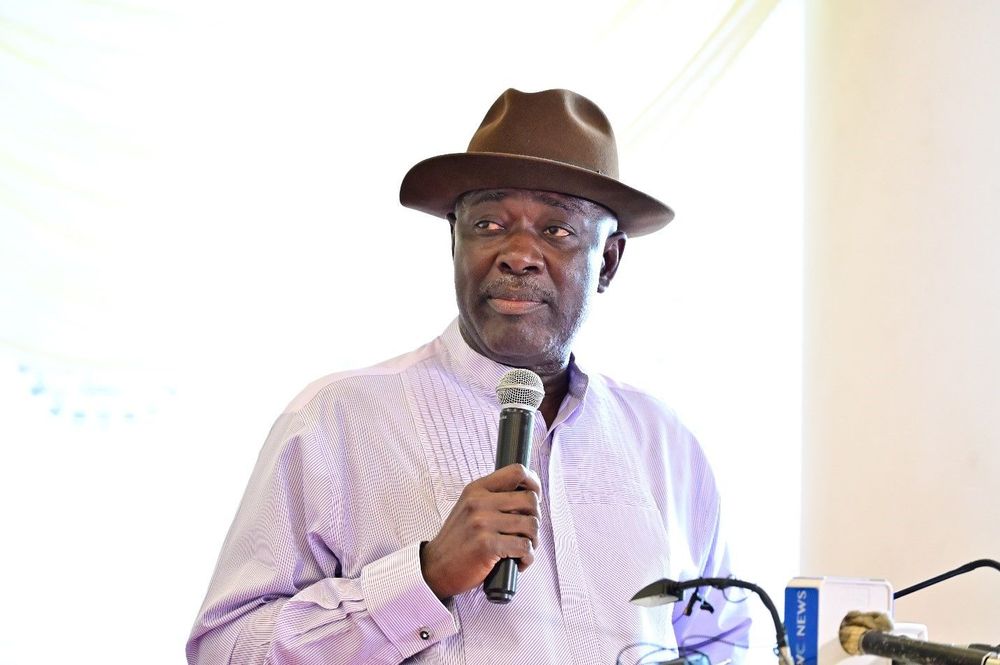



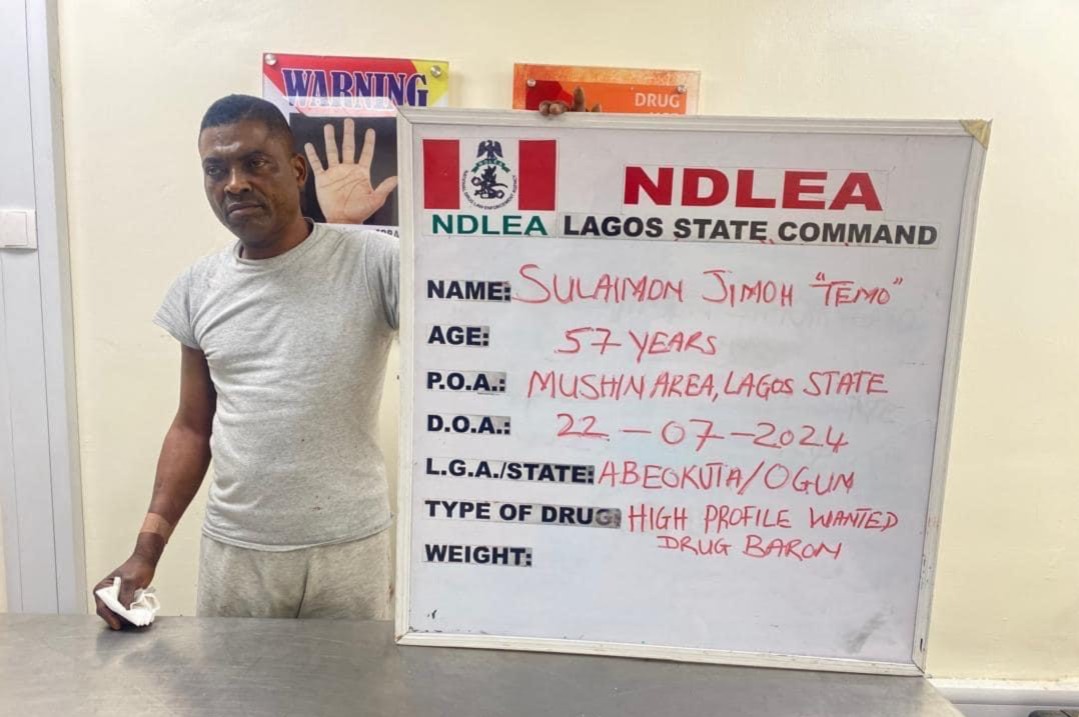

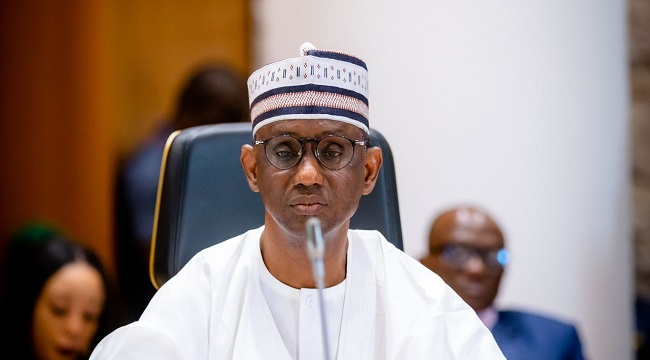
Leave a comment